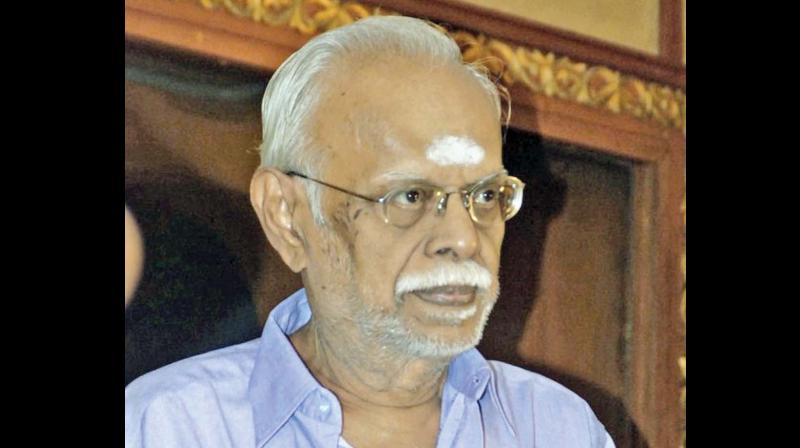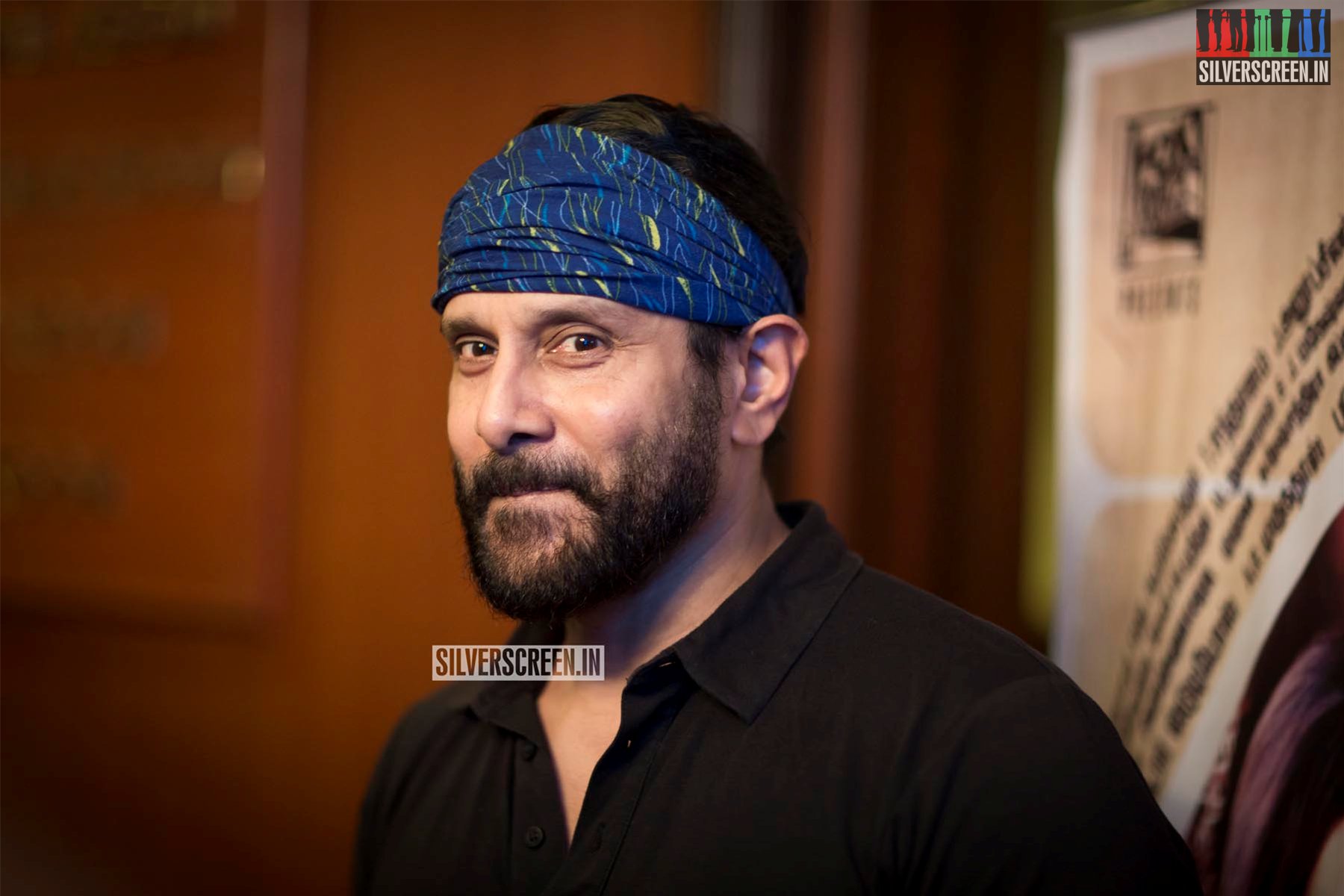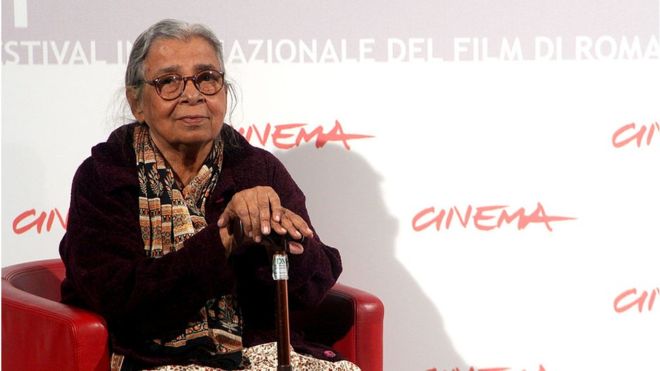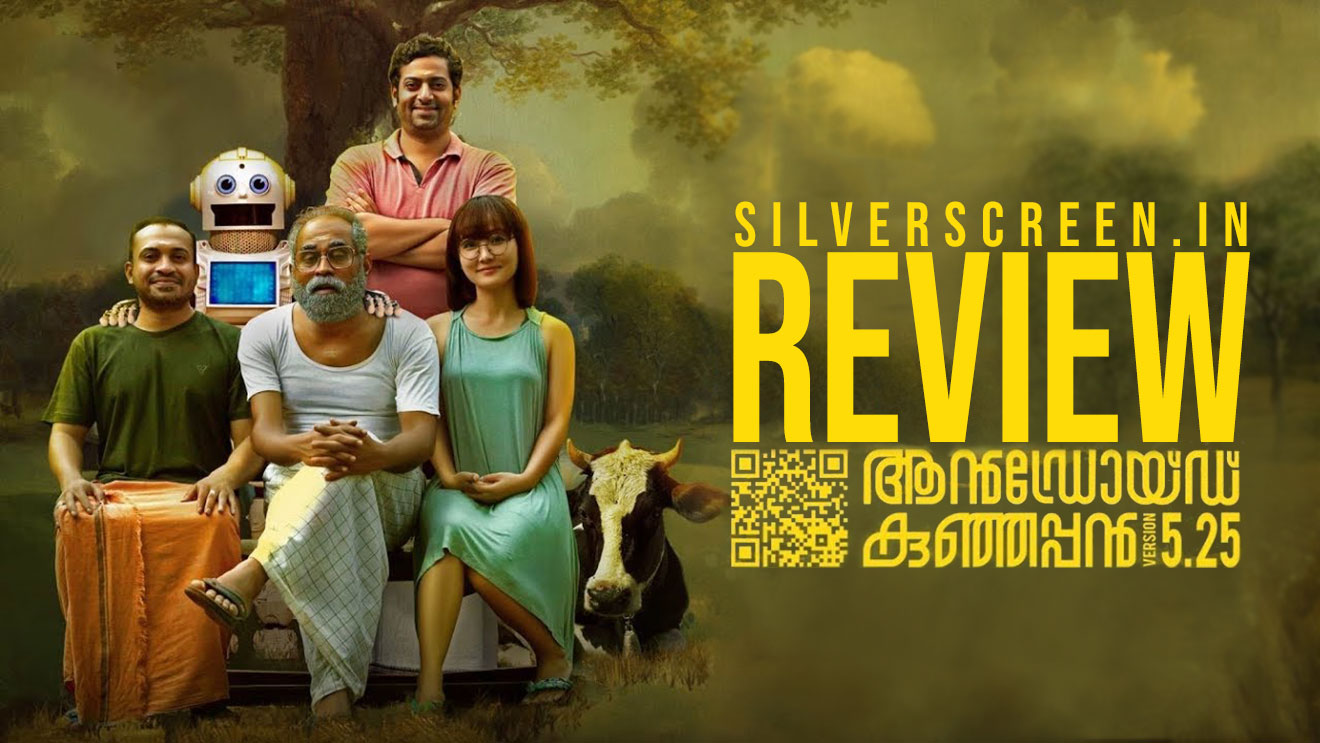When Panchu Arunachalam decided to introduce a new music director in his 1976 production Annakkili, there were subtle and loud oppositions from many corners. It’s bad luck, said some people. Others thought it was plain stupid to forgo veteran composer MS Viswanathan and try a fresher whose unconventional style might not work with the Tamil audience. But Panchu was determined to use this young musician who had, some time ago, come to his residence and made him listen to some of his compositions.
To prove his worth to non-believers, the composer was asked to perform all the songs he had tuned for Annakkili, with complete orchestra, in front of a general audience. “No one really trusted in me until the film was released and songs became a huge hit. But Panchu had faith in me right from that day, when I went to his house and sung a few songs casually, tapping on a wooden table,” said the composer who reigned over the industry from then on. His name? Ilaiyaraja.
Vignettes such as this make A Creator with Midas Touch, a documentary on the late Panchu Arunachalam, veteran producer, screenwriter, lyricist, and director, a treasure trove. The film has Kollywood’s veteran artistes, filmmakers and producers, like Rajinikanth, SP Muthuraman, G Mahendran, Sivakumar, and Ilaiyaraja opening up on their much-loved and revered colleague and the golden period of Tamil cinema, from 1970s till late 90s, like never before.
The maiden public screening of the documentary, directed by writer-producer G Dhananjayan, was held at Chennai Citi Centre on January 8 as part of the ongoing 14th Chennai International Film Festival. Originally 16-hours long, a concise version of the documentary was screened for the audience that included many friends and colleagues of Arunachalam. The stalwart died on 9 August, 2016.
“Despite being one of the most successful writers and producers Indian cinema has ever seen, Panchu remains a name unknown to the people outside Tamil Nadu. There is no one else in India who has written screenplays in such a vast range of genres,” said G Mahendran, who was one of the guest attendees, post the screening.
The film traces the life of Panchu – his childhood in Karaikkudi, his teenage days when he served as an apprentice to his uncle, writer Kannadasan, in Chennai and his journey to the top league of Tamil cinema. He made over 100 films in Tamil, out of which at least 70 were blockbusters. The auteur’s old friends recall that he had a rather mean nickname – Paathi Padam Panchu, thanks to the set of projects of his that were stopped mid-way due to various reason. In the same breath, director-producer SP Muthuraman adds, “And it was this Paathi Padam Panchu who made superstars out of Rajinikanth and Kamal Haasan”. A fact the former validates in the documentary. Kamal Haasan, however, is not part of the film, although his name gets many mentions throughout the film.
“Kamal and I were not sure a title like Sakalakalavallavan would find acceptance among Tamil audience,” recalls SP Muthuraman. “But Panchu was confident. Tamil Nadu has already accepted Jagathalaprathapan. This is an easier word,” he laughs. Now, Sakalakala Vallavan is widely used to describe Kamal Haasan. No one knew the pulse of the audience like Panchu did, he adds.
Recommended
The well-researched documentary details anecdotes and trivia on the making of classic films like Aarilirunthu Arubathu Varai, Bhuvana Oru Kelvi Kuri, and Kalyanaraman. Interestingly, Dhananjayan’s film also serves as a testimony to the extraordinary character actor that Rajinikanth used to be in his earlier days. Using split-screens, the film compares Rajini’s performance in films like Aarilirunthu Arubathu Varai with the film’s other language remakes, underlining how impeccable the actor was in those films.
Dhananjayan’s film, curiously, features barely any women. Radhika Sarathkumar and Khushbu are the only actresses who make an appearance in it, and Panchu’s beloved wife comes in a brief shot. In a film on someone like Panchu, who has written many a powerful female character, this skewed gender representation comes across as a serious oversight.
***



